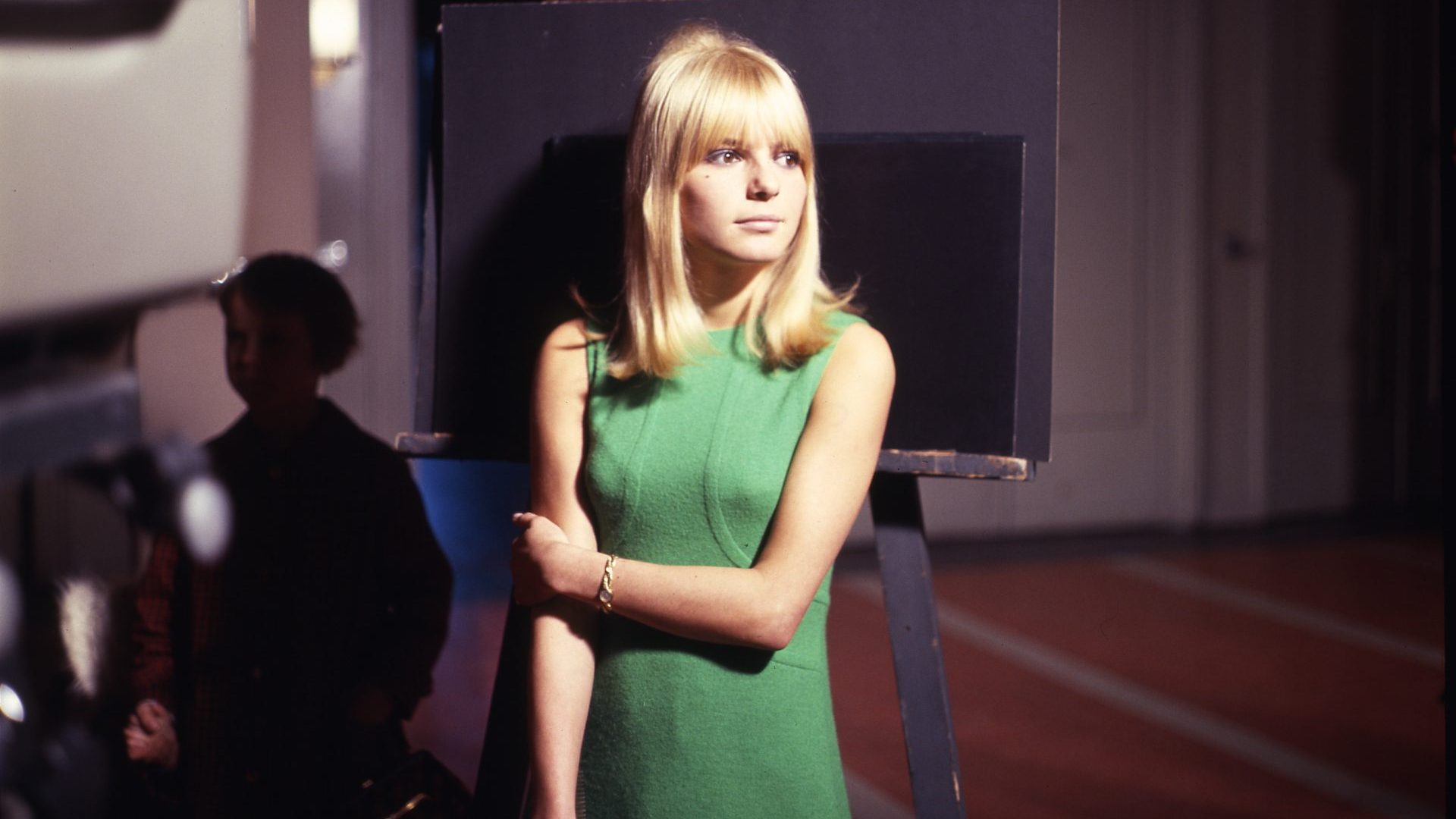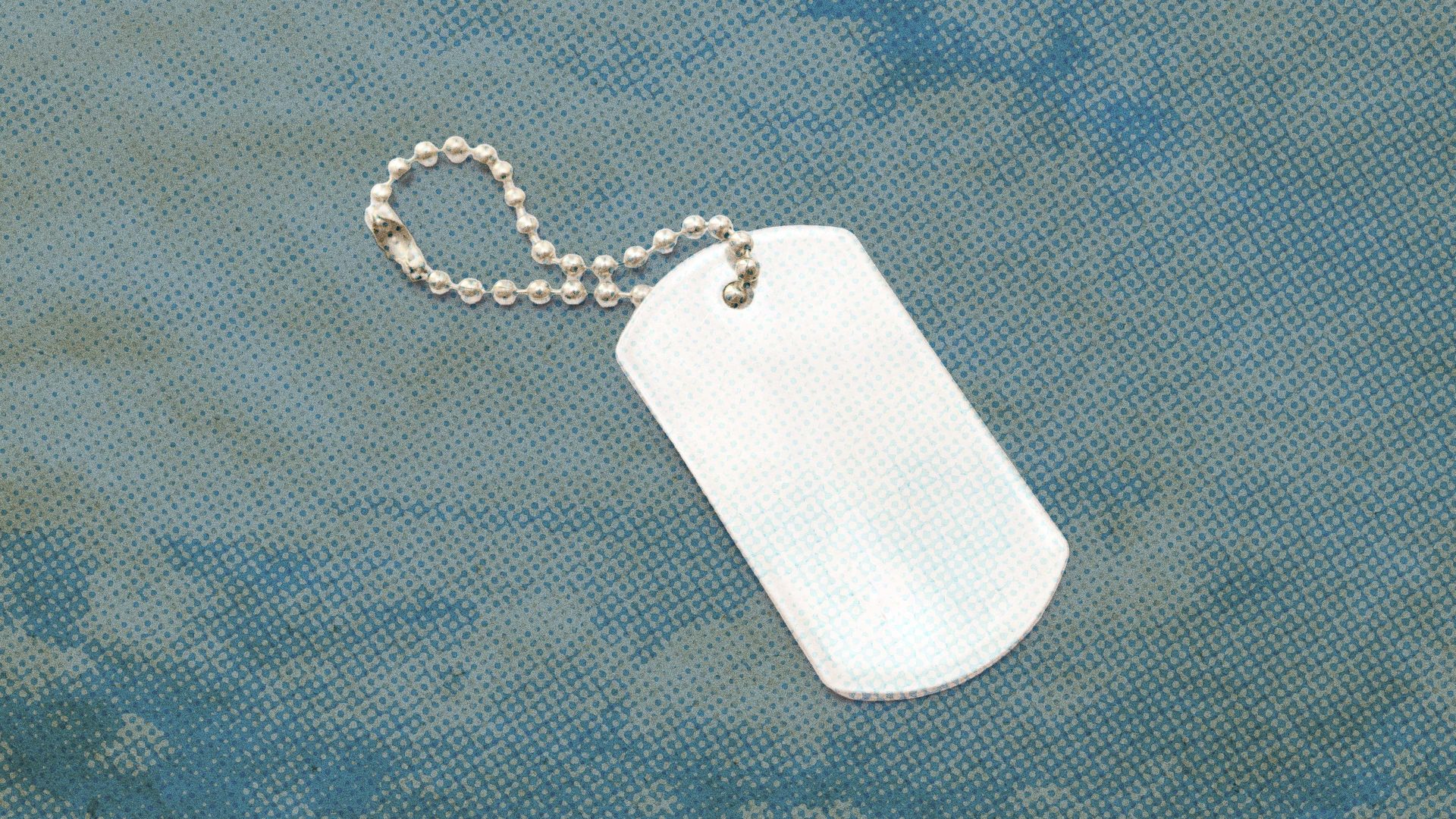“You sang off key! You were terrible!” The voice crackled down the line just minutes after 17-year-old France Gall came off the stage in Naples after performing Poupée de cire, poupée de son (Wax Doll, Rag Doll) for the estimated 150 million people across Europe tuning in to the 1965 Eurovision Song Contest.
Having only stood before an audience for the first time 10 months earlier, the prospect of all those people watching had been daunting enough for Gall. Then, at the rehearsal, the song’s notoriously combustible composer Serge Gainsbourg had stormed out, leaving some choice comments about the musical competence of the orchestra hanging in the air, to compound her anxiety.
The seemingly endless wait to go on, 15th out of the 18 acts, made things even worse, resulting in a nervy performance Gall was convinced left her no chance of winning.
On the verge of tears, she had telephoned her lover, the singer Claude François, hoping for words of encouragement or at least consolation. Instead, he let her know in no uncertain terms that she had let herself down. Not only that, he said, their relationship was over, too.
On the television in her dressing room, she heard the presenters request the scores from the first jury, the Netherlands. She was barely listening, but the teenager was sure she heard the Dutch award her five points. The maximum. She looked up to see the United Kingdom do the same. Gall focused on the screen. She was ahead. She would stay ahead, too, comprehensively beating pre-competition favourite, the UK’s Kathy Kirby, into second place by six points.
When her win was confirmed, the dressing room door burst open and there was a tearful Kirby, cheeks flushed with anger, shouting something about a fix. Then Gall felt a stinging sensation on her cheek: Kirby had slapped her.
The next thing she knew she was on the stage again in front of an audience cheering wildly as the orchestra played the opening chords of Poupée de cire, poupée de son. As if in a trance she opened her mouth and began to sing.
Isabelle Gall was predestined for a career in music. Her father Robert was a songwriter who had penned a series of hits including Les Amants merveilleux for Édith Piaf in 1960 and La Mamma for Charles Aznavour four years later. Her mother Cécile came from a long line of composers, Gall’s grandfather on her mother’s side having founded one of France’s most successful children’s choirs.
As a girl she was a fixture backstage with her father at Paris’s legendary Olympia and Robert would often take her out of school to travel the concert halls of Francophone Europe and see the likes of Piaf and Aznavour perform. It surprised nobody when Isabelle failed her baccalaureate.
In the spring of 1963, Robert took his 15-year-old daughter, who had begun playing the piano and guitar at five years old, into a studio to record some of his songs. When he gave the tapes to music publisher Denis Bourgeois, Gall was immediately signed to a recording contract with the Phillips label, not as Isabelle but as France Gall. Robert and Bourgeois were rugby fans and when the contract arrived they were discussing the forthcoming match between France and Wales – Pays de Galles.
“I was always against ‘France’, I thought it too harsh,” she said. “‘Isabelle’ suited me, I liked it.”
She received her first radio airplay on her 16th birthday and her debut single nudged the top 40, which is when Bourgeois came up with an idea that would catapult Gall to pop stardom.
Among his other clients was Serge Gainsbourg who, after some early success, had found his career stalling. Bourgeois suggested Gainsbourg write for Gall and in March 1964 their first collaboration, N’écoute pas les idoles, went to number one in France.
She began performing live, making her first concert appearance opening for Sacha Distel in Brussels in 1964, and soon forged a reputation as one of the leading exponents of yéyé, France’s catchily disposable brand of pop, its name a corruption of the British “yeah yeah”.
With this sudden whirl of success came the invitation to represent Luxembourg at Eurovision, made via a radio station that selected Luxembourg’s representatives who did not necessarily have to come from the principality (two years earlier they’d picked Nana Mouskouri). Of the 10 songs she was offered for the contest, Gall, at 17 that year’s youngest competitor, chose Gainsbourg’s Poupée de cire, poupée de son.
Knocked out of her stride by the songwriter’s rehearsal histrionics, Gall’s attitude on the night was as noncommittal as her performance. “I went out there, in my head, as a loser,” she recalled, only to find herself winning at a canter.
“The British candidate was very disappointed because according to her she should have won,” Gall said in 2015. “Yet it was me, who did not care at all. Did she enter my dressing room just to insult me? I don’t know, but my overriding memory is of the slap.”
Her win made Gall Eurovision’s first breakout success and she was rushed into the studio to record new versions in German, Italian and Japanese. The song was a hit across the world.
Further collaborations with Gainsbourg followed, including 1966’s Les Sucettes (Lollipops). Gainsbourg’s songs for Gall had always sailed close to innuendo – he saw her, he said, as a “French Lolita” – but Les Sucettes was so overt it barely qualified as a double-entendre. While Gall, still only 18, claimed she was oblivious to the song’s erotic subtext, the song tainted the innocence of her image and exacerbated the rapid decline she experienced towards the end of the 1960s.
“It is quite distressing at 20 not to have any money when you had a lot at 16,” she said in 1996.
In 1973 she was a guest on the same radio show as the singer-songwriter Michel Berger, with whom she developed a deep rapport personally and professionally. Berger would write the songs that rejuvenated her career and in 1976 became her husband.
She sang only Berger’s songs until his death from a heart attack in 1992, a legacy that included her most successful album, Babacar, released in 1987. But Berger’s death and a diagnosis of breast cancer the following year saw Gall retreat almost completely from public life, something that suited her just fine.
“I don’t care if there is anything left of me when I go,” she said in 2015 when asked about her legacy. “All I care about is building my life.”




